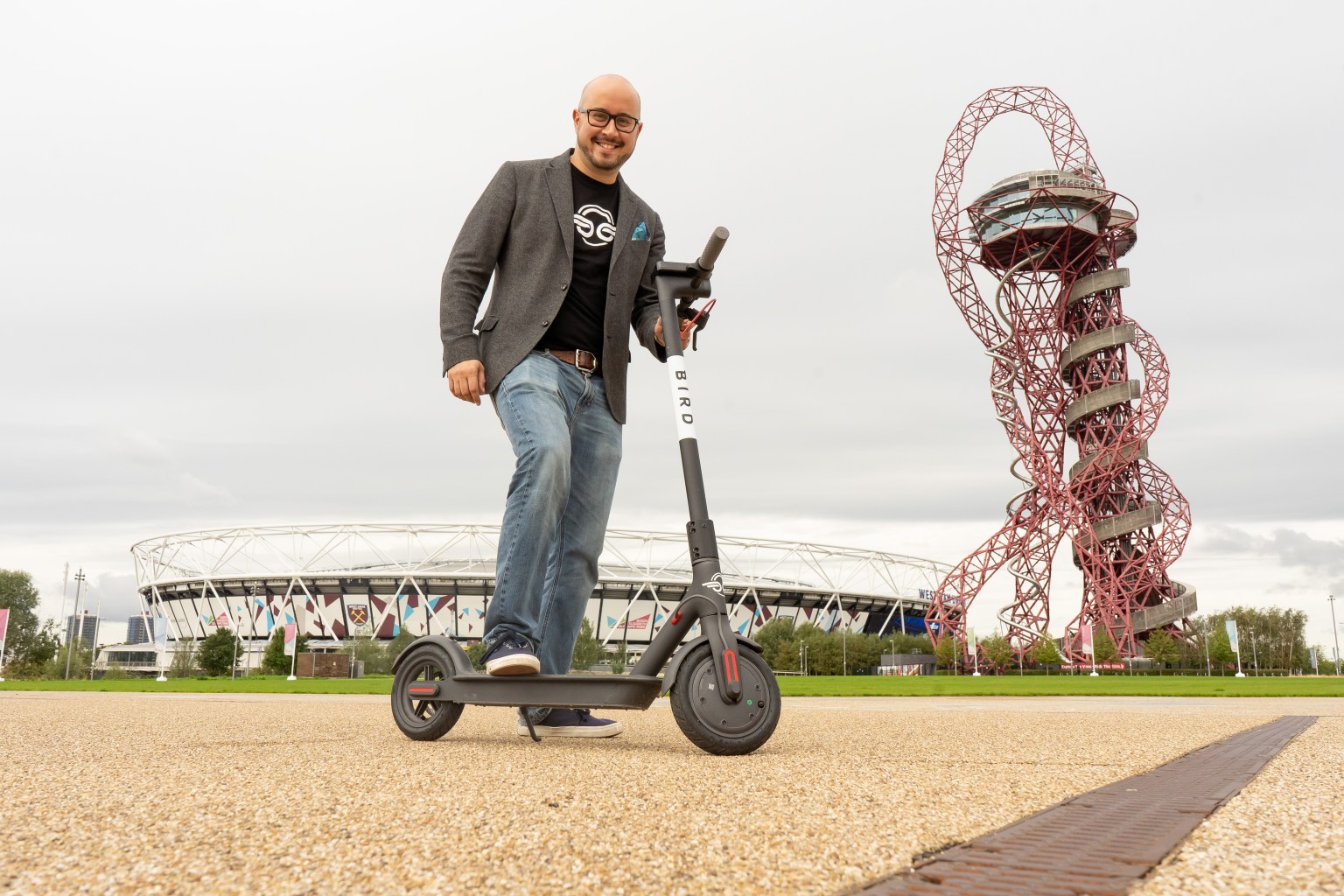Business
E-scooter sharing in the UK: operators are warming up
11 February, 2020
The development of shared e-scooter services has grown exponentially since the launch of the first-of-its-kind in Santa Monica back in November 2017. In Europe, a few countries representing major markets for operators remain untouched due to local laws forbidding to ride e-scooters on public land. If Ireland or the Netherlands could host important projects, the UK seems to draw the attention of most operators.
The legal history
E-scooters are banned from British public land since… 1835 on the pavement (Highway Act of 1835), only 1988 on the road (Road traffic act 1988), unless you have a driving licence, insurance, helmet, road tax and a registration plate – something the Drivers and Vehicles License Authority, will not deliver for unroadworthy vehicles.

The main operators are therefore lobbying to change the regulation, Bird being the first to do so since the launch of its “pilot” in London’s Olympic Park. Lime or Voi followed suit, and they won their first battle on British soil according to a recent article from The Times:
Electric scooters will be legalised on roads and cycle lanes for the first time under government plans to encourage green transport. Ministers are expected to launch a consultation next month on how to regulate e-scooters and ensure safety. The consultation will be followed by trials in cities, with a potential nationwide introduction if they are successful.
Getting ready
Operators are therefore getting ready for the kick-off. If Bird, Lime or Jump already has a foot in the country either with e-scooter sharing pilot or e-bike sharing services, its competitors are starting to build their teams to lobby in favour of a law change and initiate contacts with local authorities: Lime, Tier or Dott now have their General Managers in UK.
As with dockless bike-share back in 2018, the battle should be fierce. In the capital, operators might have to fight for one borough after another and to adapt to different local rules in terms of parking or balancing management. This might be a key for e-scooter sharing development in the UK: how strict will the national law be, and will there be a consensus at a local level? Given the example of dockless bike-share in London, I doubt it will be simple.
On your marks, get set, go!
Leave a comment